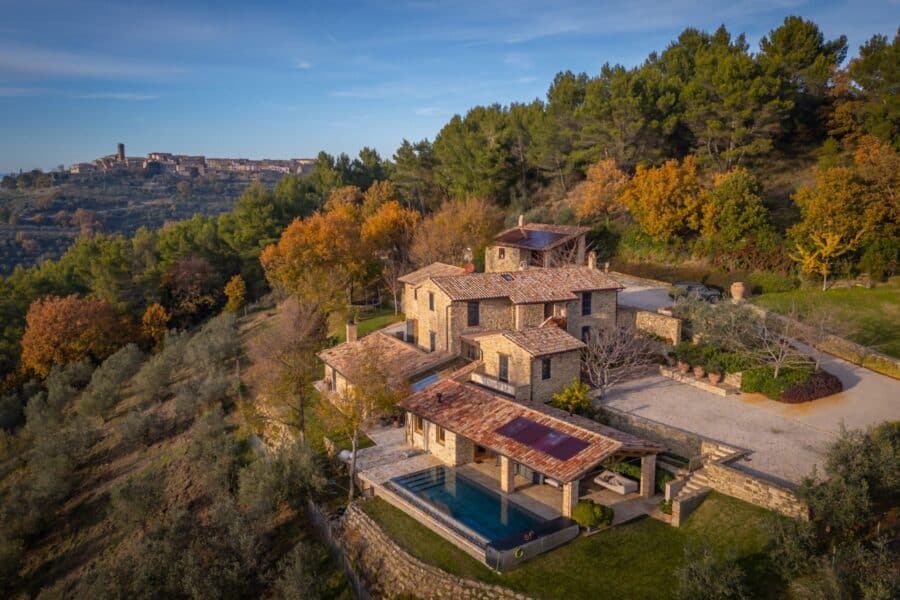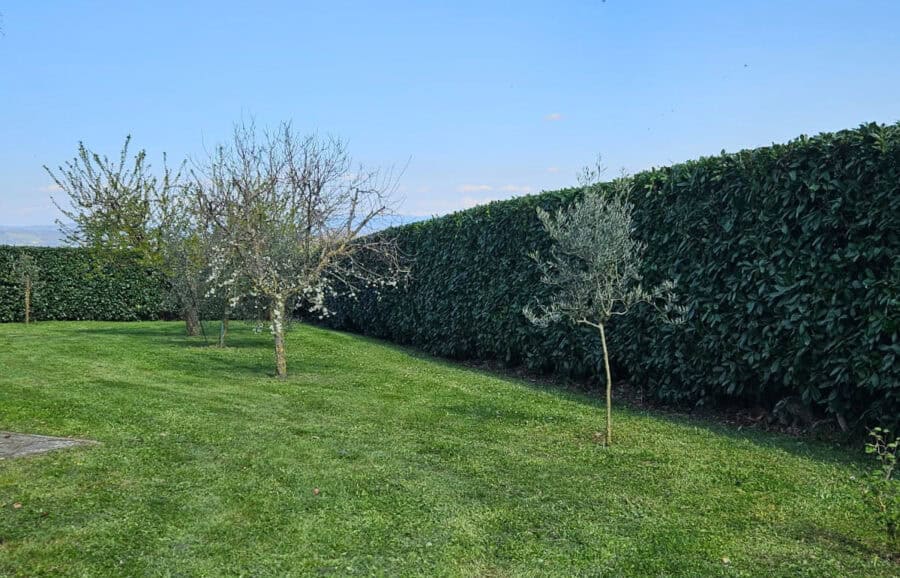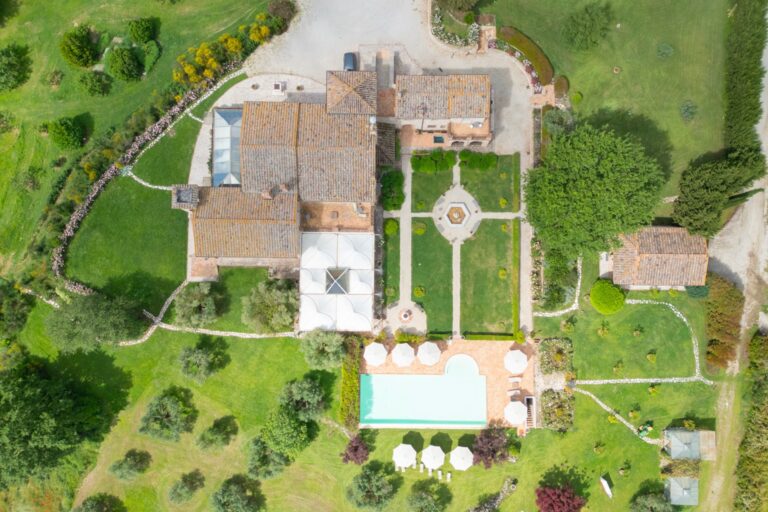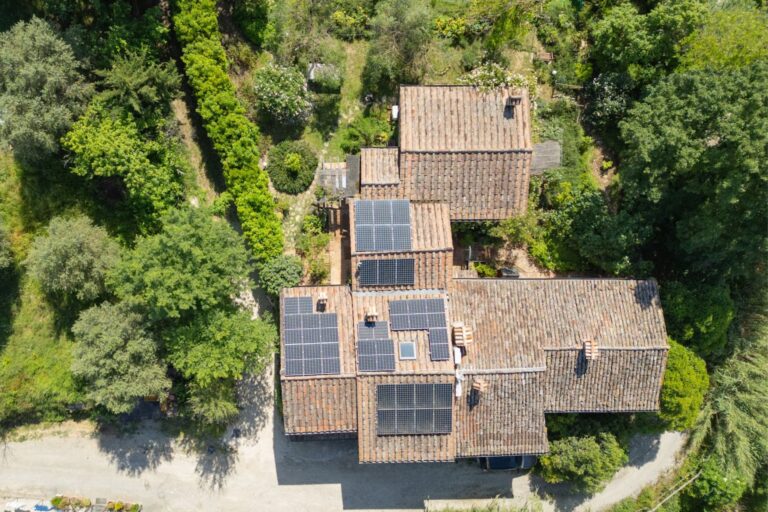If the lands are separated by a local street, can a neighbour exercise the agrarian right of first refusal? The floor to the Italian Corte Di Cassazione.
By irrevocably strengthening the orientation expressed through the previous decisions taken in the field of the neighbours’ agrarian right of first refusal and separation of the lands caused by watercourses, rivers, torrents, canals and local streets (verdicts no. 26689 of 06-12-2005, no. 1191 of 19-01-2007, no. 13377 of 11-05-2010, no. 58 of 08-01-1996, no. 13558 of 17-12-1991, no. 2983 of 23-06-1989, no. 4621 of 20-05-1987, no. 1433 of 10-02-1987, no. 895 of 14-02-1986, no. 2471 of 20-02-2001, no. 7052 of 14-03-2008) according to which:
“the self-employed farmer’s, i.e. the owner of the neighbouring lands, right of first refusal constitutes a limitation of the circulation of the agricultural property and the negotiation autonomy.”
And so
“it is entirely up if in presence of legally-speaking neighbouring lands, i.e. those lands characterized by a physical and material matching because of a mutual contact along the shared demarcation line.”
With verdict no. 19235, deposited on September, 29th 2015, the Italian Corte Di Cassazione reaffirmed that the presence of a local street, located between two agricultural lands, excludes the right of first refusal of the neighbour self-employed farmer or the agrarian company of individuals with at least the 50% of “coltivatori diretti” (direct producers) partners because it interrupts the lands contiguity.
For this reason, according to the Corte Di Cassazione, in the event that lands are separated by a local street, the right of first refusal necessary condition is missing (the material contiguity among the lands).
Indeed, a local street not open to the public transit or an agrarian private street represent a “third” property which interposes itself between two agrarian lands by interrupting so their material contiguity. The land which constitutes the roadway does not remain into the individual property of somebody, but it forms a new good object of communion and, according to a common property right, enjoyed by everybody.
In this way, the Italian Corte Di Cassazione excludes the possibility of the use of the so called “functional contiguity”, i.e. the contiguity of separated lands which are suitable to be part of a unique agrarian company (compliant, for all, verdict no. 19747 of September, 27th 2011).
Great Synergy: the network of trusted companies and professionals to realise your real estate projects
In addition to the real estate brokerage services offered by Great Estate, thanks to Great Synergy you can get everything you may need to manage, income or customise your prestigious property.









